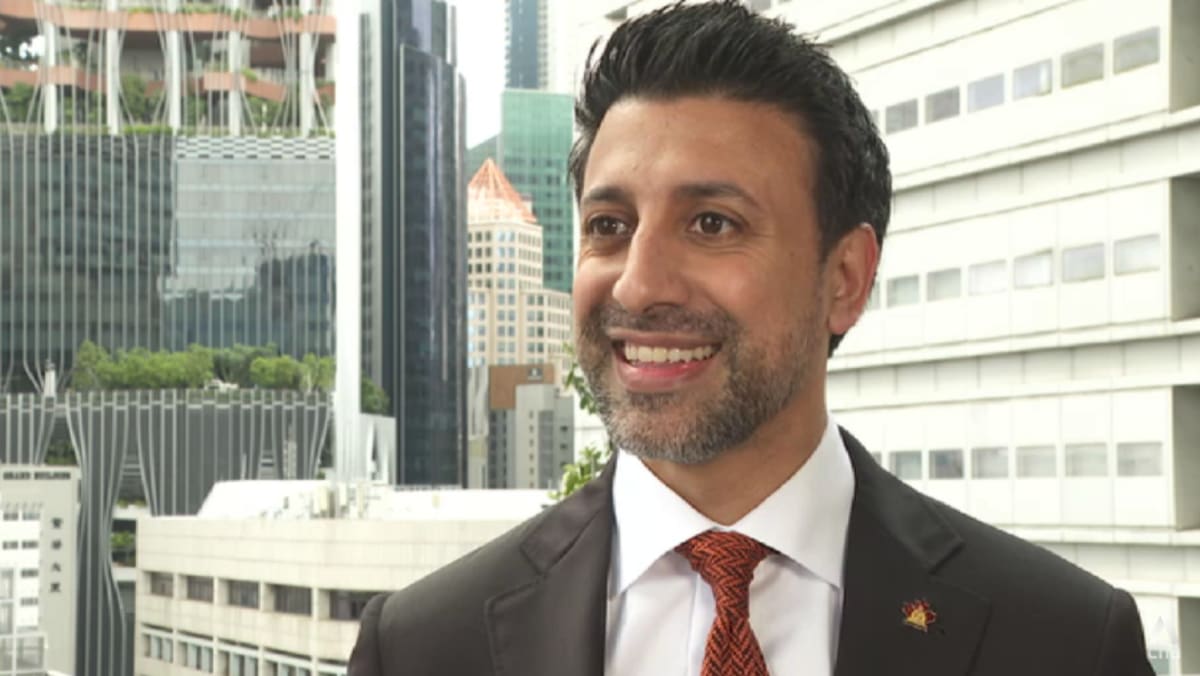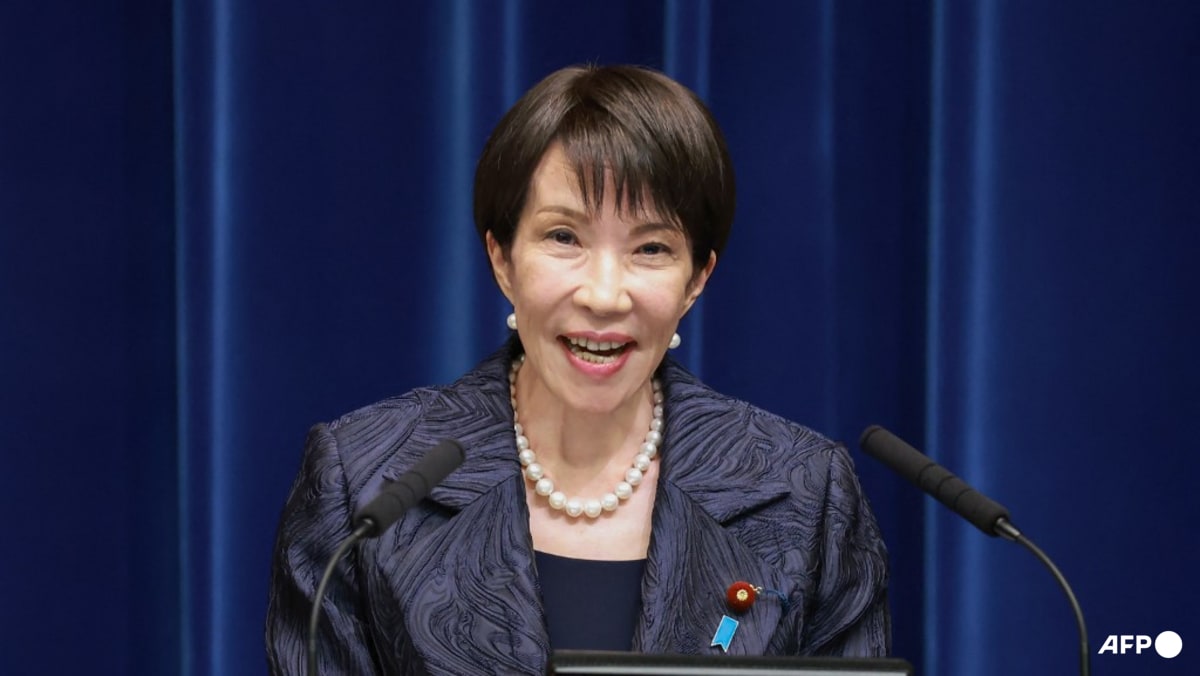Picture this: You are in your 30s, building your career and raising young children. Needing long-term care feels like a distant concern. Then you hear about a former classmate who suddenly requires help with daily activities after an illness. That is when it sinks in. Care is not simply an old-age issue. The need for it might arrive far sooner and, when it does, often lasts for years.
When that happens, costs can add up quickly. For many families, the financial and emotional weight falls not on the person receiving care but on those closest to them. Without a plan, meeting long-term care needs can strain relationships, savings and future goals.
 Planning for long-term care early helps families stay financially and emotionally prepared for the unexpected.
Planning for long-term care early helps families stay financially and emotionally prepared for the unexpected.
THE HARD TRUTHS ABOUT LONG-TERM CARE
Many assume that long-term care is something only older people need to worry about, or that national schemes such as CareShield Life or ElderShield are adequate to deal with its implications. The reality is more sobering. In Singapore, currently, one in two people aged 65 and above may face severe disability – and claims can start much earlier. Singlife’s Long-Term Care White Paper reveals that the need for care can arise early in life from an accident or illness. In fact, one of the insurance provider’s long-term care claimants is just 32, said its medical director, Dr Leow Yung Khee.
Typical claims last around a decade, with some extending longer. Families are often left to bridge the gaps, which can create financial and emotional strain. Singlife’s research shows that 59 per cent of caregivers dip into their savings, while two-thirds worry about becoming a burden themselves. These numbers show how care needs can ripple across generations.
“Many believe that disability only affects older people and underestimate the likelihood of needing it themselves,” said Dr Leow. “Our goal is to encourage younger Singaporeans to plan ahead and integrate long-term care into their broader protection and wealth plans, so they can stay protected and financially resilient.”
COUNTING THE COSTS AND SHORING UP SUPPORT
Singlife’s 2024 Long-Term Care Research Study estimates that long-term care in Singapore costs around S$3,000 a month on average and rises roughly 4 per cent a year. As care often extends over many years, expenses compound and can quickly strain family finances. “Inflation becomes a silent multiplier that makes the care gap dangerously wide,” said Dr Leow. “A decade of care that costs S$3,000 a month today could swell to over S$440,000 in total.”
Government schemes provide a foundation. CareShield Life, for one, offers baseline protection for all Singaporeans and will provide higher monthly payouts from 2026. While meaningful, such initiatives alone are often insufficient and many may still need additional funding to plug the coverage gap. Families often add private insurance for earlier and higher monthly support, easing cash-flow pressures when care needs persist.
Singlife’s solutions are designed to meet these needs. Benefits can be triggered by the inability to perform one activity of daily living. Policyholders can choose monthly support payouts of up to S$5,000. Once a disability is confirmed, future premiums are waived, which eases the load on households already adjusting to new circumstances.
Beyond the core disability support, there are extra benefits, including additional payouts to help cover caregiver costs or support your children. Plus, the coverage is designed to grow with you, allowing you to increase your payouts after major life events without having to go through medical underwriting or check-ups.
Financial support alone is not enough. Individuals and families also need emotional and psychological guidance, as well as help in navigating often overwhelming care services. The Singlife Care Collab hub connects customers with partners such as the Agency for Integrated Care, Dementia SG and Homage. These partnerships link families to day-to-day caregiving resources and reduce the stress of coordinating medical, social and home-based care.
By addressing both financial and non-financial needs, such solutions help families cope over time. “When you’re facing a health crisis, the last thing you need is more stress,” said Dr Leow.
Most Singaporeans worry about disability, the need for care and the financial or emotional strain it could place on their families. Yet few take concrete steps to address these concerns. Singlife’s research shows that nine in 10 people worry about the issue, six in 10 plan for it and fewer than four in 10 have a private supplement plan.
Singapore’s changing family structures add to the challenge. With smaller households and fewer children, future generations may not be able to rely on traditional family support. This makes self-sufficiency more important than ever. Planning early widens options, increases flexibility and provides peace of mind. It helps individuals and their families focus on care and recovery rather than finances.
Singlife is addressing this gap through three key areas. It is expanding community-based programmes such as the Caregiver Support Pack, which offers families practical help and emotional reassurance. It is also strengthening collaboration with public and private partners to broaden access to healthcare and caregiving services. In addition, it is integrating long-term care into overall financial planning to help individuals and families feel more confident and prepared for the future.
 (Photo: Mediacorp Studio 3)
(Photo: Mediacorp Studio 3)
“ACTING NOW GIVES YOU MORE OPTIONS AND SECURES YOUR FAMILY’S FUTURE AT THE BEST POSSIBLE VALUE.”
– DR LEOW YUNG KHEE, MEDICAL DIRECTOR, SINGLIFE
With only one in three Singaporeans aged 30 and above having a supplementary plan for long-term care, the need to act early is clear. As people age, medical conditions become more likely, making coverage harder or even impossible to obtain. Securing a plan early also helps preserve insurability and keeps premiums affordable.
Those who secure coverage when they are younger can maintain those lower premiums for life. “Delaying doesn’t just increase health risks; it costs you more,” said Dr Leow. “Acting now gives you more options and secures your family’s future at the best possible value.”
A CONVERSATION FOR EVERY FAMILY
While such discussions can be sensitive and stressful, they are an essential part of family life. Recognising the risks early and talking about them allows families to take action before care needs arise.
National schemes provide a foundation, but they are only a starting point. Supplementing them with private solutions that offer earlier claim triggers, higher payouts and caregiver support can be the difference between struggling to cope and moving forward with confidence.
Disclaimer:
This article is published for general information only and does not have regard to the specific investment objectives, financial situation and particular needs of any specific person. This advertisement has not been reviewed by the Monetary Authority of Singapore. Protected up to specified limits by SDIC.
Information is correct as at November 7, 2025.




















































